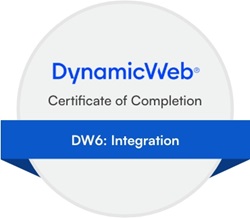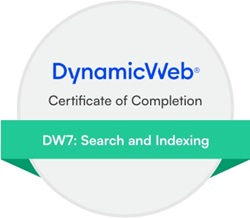Hi guys,
There may have been other similar questions on this topic but I can;t find them, so I will just repeat the question.
Can I extend the parameters of an index build? I am thinking about Index only products with a specific WorkflowStateID (or a list of) but there can be more extensive rules if it's possible.
The purpose is to optimize the size of the index and keep just the relevant information.
Thank you,
Adrian















